Question And Answer
Publications
Articles, publications, books, tools and multimedia features from the U.S. Institute of Peace provide the latest news, analysis, research findings, practitioner guides and reports, all related to the conflict zones and issues that are at the center of the Institute’s work to prevent and reduce violent conflict.
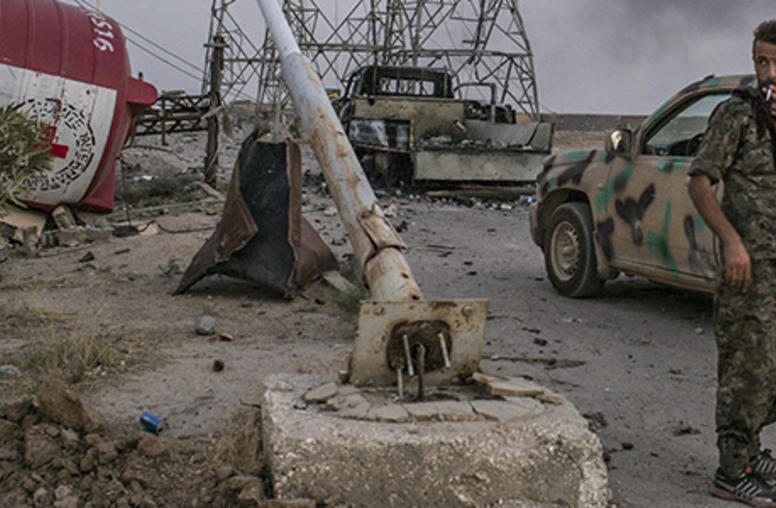
Q&A: Russia’s Intervention in Syria
Russia’s military involvement in Syria has further complicated a four-year-long civil war that the United Nations says has killed more than 250,000 people and driven half the population from their homes. Syrian President Bashar al-Assad just visited Moscow, his first trip outside Syria since the conflict began in 2011 – to meet with Russian President Vladimir Putin. Elie Abouaoun, director of Middle East programs at the U.S. Institute of Peace, considers the ramifications, the prospects for r...
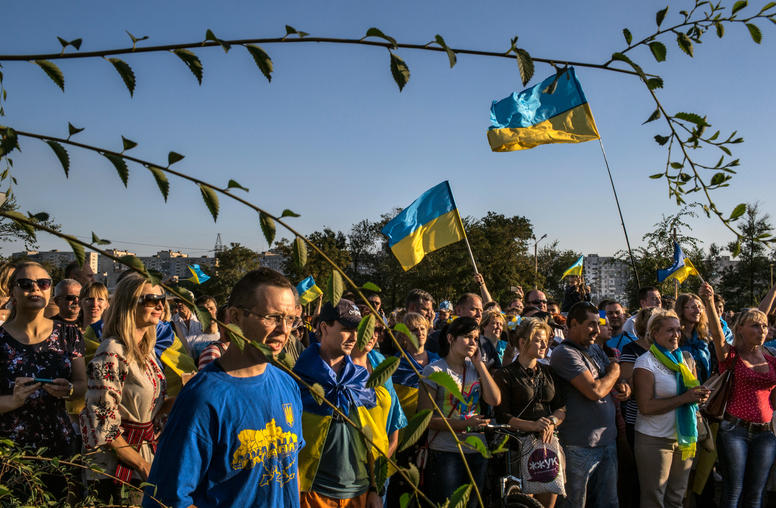
Does Ukraine Still Believe in Reform?
As the country votes in local elections, Ukrainians will weigh in on whether they still believe in the promise of a less corrupt tomorrow.
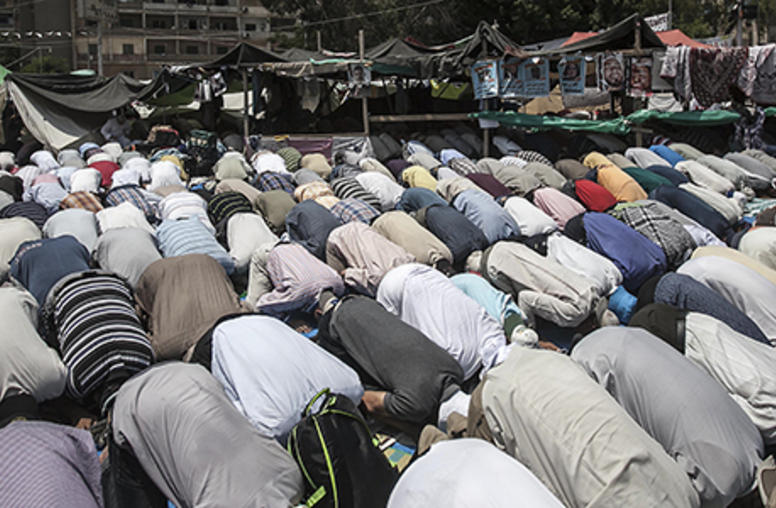
Islam Is a Religion of Peace
Can the wave of violence sweeping the Islamic world be traced back to the religion's core teachings? A USIP-FP Peace Channel debate about the roots of extremism.
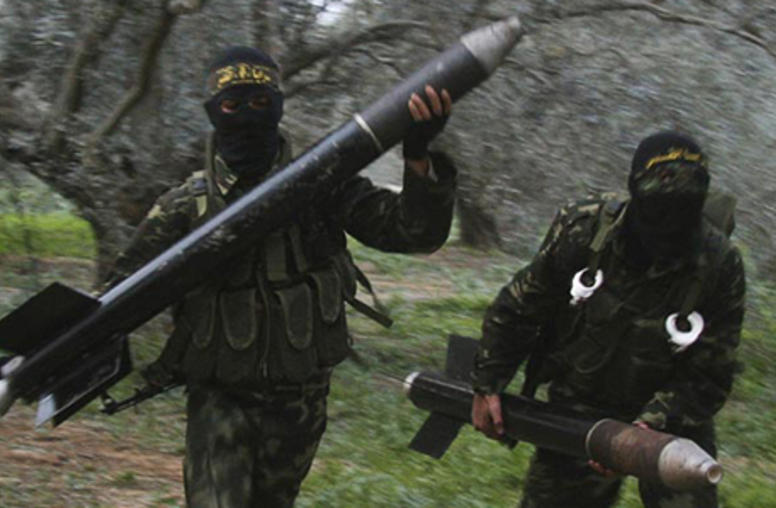
Islam Is a Religion of Violence
Can the wave of violence sweeping the Islamic world be traced back to the religion's core teachings? A USIP-FP Peace Channel debate about the roots of extremism.
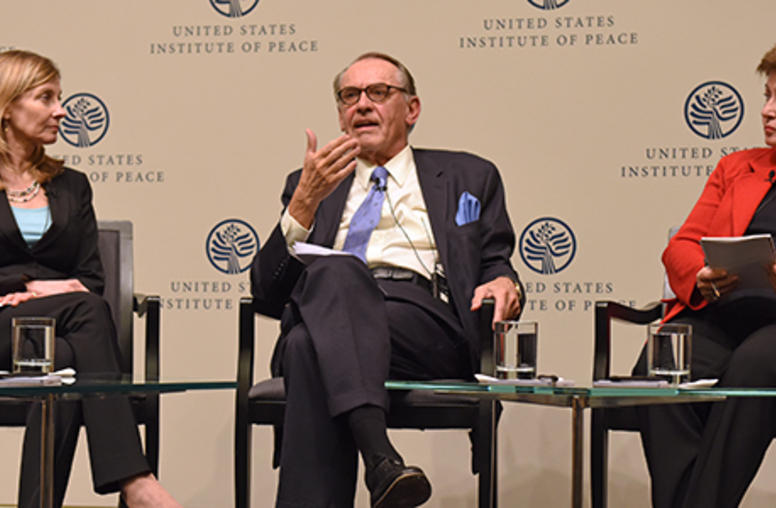
U.N. Eyes Early Human Rights Intervention to Promote Development
United Nations discussions that are underway on how it can intervene to stop human rights violations within national boundaries might help prevent such tensions from exploding into the kinds of civil wars and floods of refugees that the world is experiencing today, said Jan Eliasson, the global body’s deputy secretary general, at an event organized by the U.S. Institute of Peace.
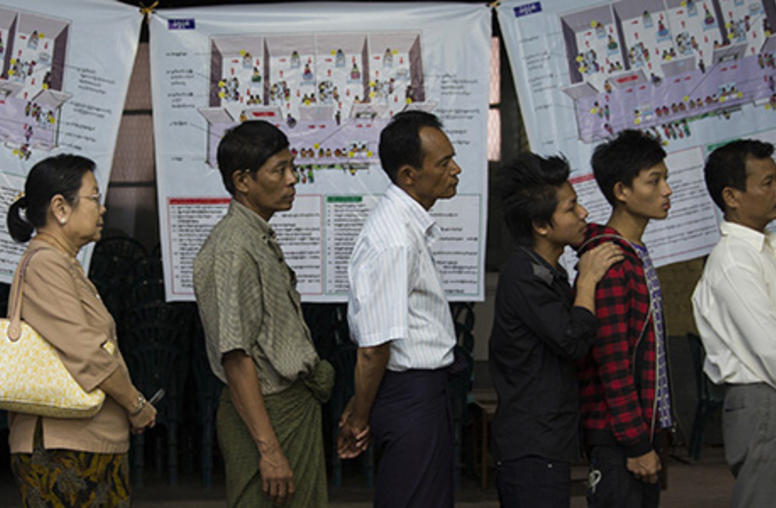
Q&A: Myanmar Voters Cast Ballots for Democracy
Myanmar’s transition to representative democracy took a critical step on Nov. 8 as the nation held the first general election since almost 50 years of military rule ended in 2011. While ballots are still being counted, the National League for Democracy, led by Nobel Peace Prize laureate Aung San Suu Kyi, appears headed to winning control of parliament. Priscilla Clapp, a former American diplomat in Myanmar and U.S. Institute of Peace specialist on the country, discusses the implications of th...
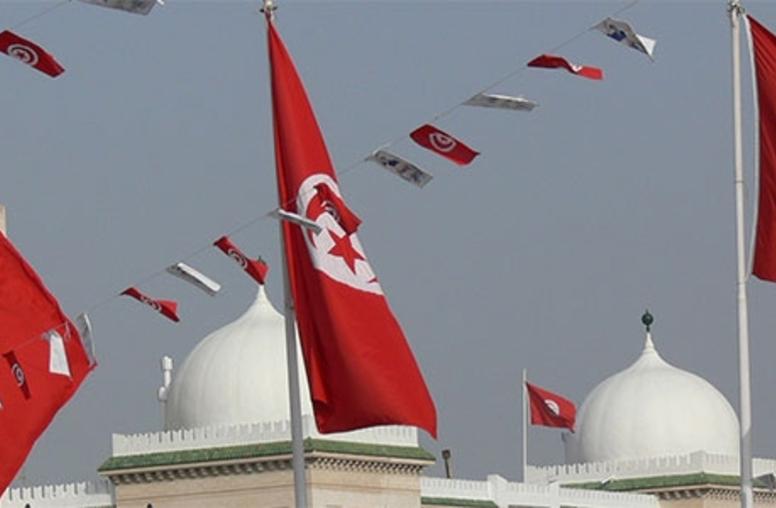
In Tunisia, Economic Crisis Threatens Political Progress
The relative stability of Tunisia’s politics—achieved through a “national dialogue” whose mediators won the Nobel Peace Prize—is largely holding. Within a broad, governing coalition, Islamists, secularists, trade unions and employers all jockey for advantage in the usual democratic ways. But beneath the comparative calm, an economic crisis threatens the political gains of the only country building a democracy from the Arab Spring uprisings of 2011.
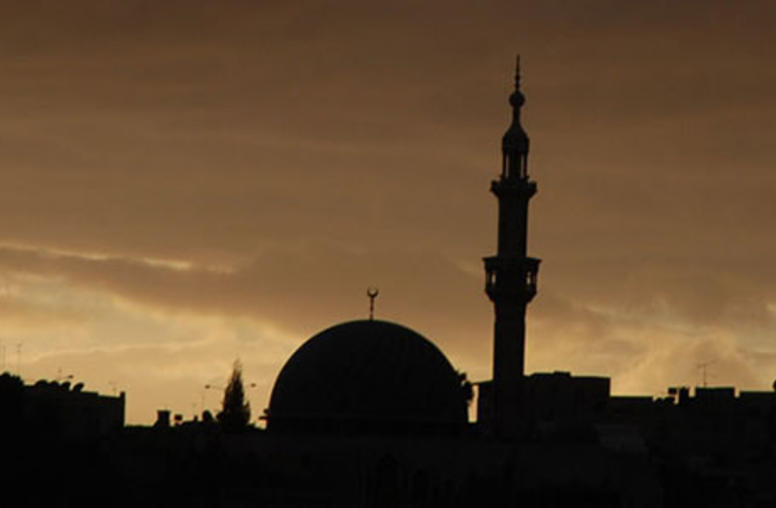
Is Islam to Blame for Its Extremists?
Ayaan Hirsi Ali and Manal Omar continue their debate on the Quran, the Islamic State, and how to save the religion.
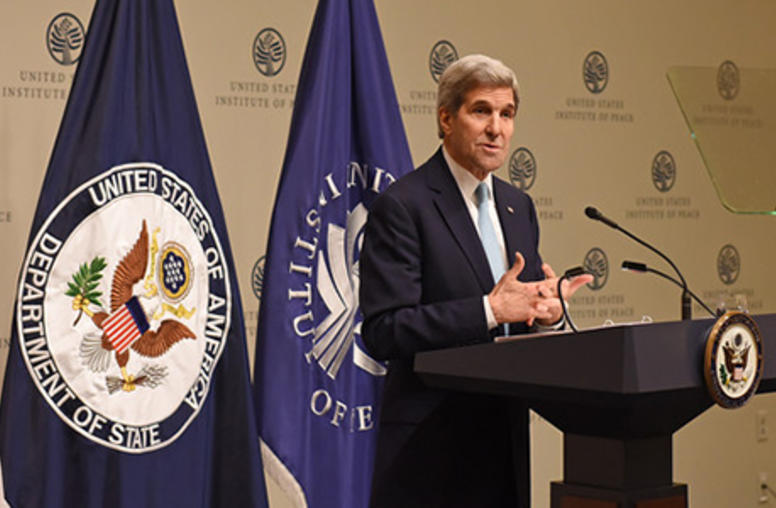
Kerry Says Assad Staying as Syrian Leader Is a "Non-Starter"
Secretary of State John Kerry, in an address at the U.S. Institute of Peace on the U.S. approach to the war in Syria, reinforced the administration’s firm opposition to allowing President Bashar al-Assad to remain in power under any resolution to the 4 ½-year conflict. Before leaving the U.S. today to resume talks on Syria in Vienna, Kerry pledged accelerated U.S. diplomatic and military efforts to end the fighting and defeat the self-styled “Islamic State” extremist group.
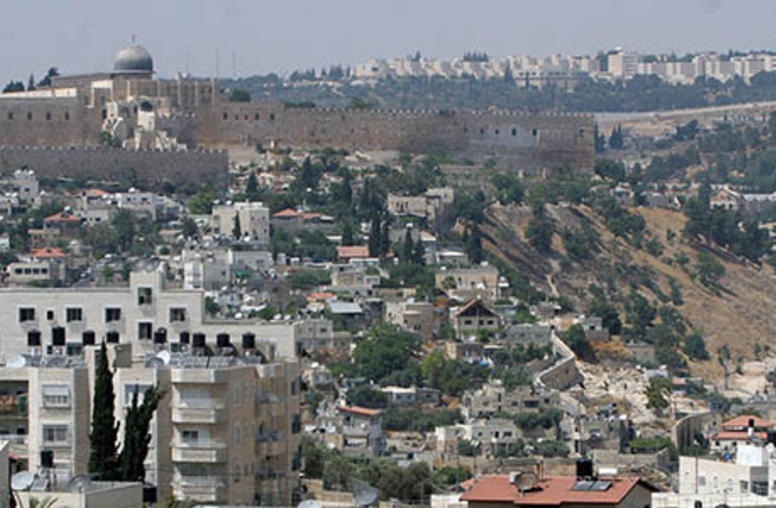
Can Anything Save the Israeli-Palestinian Peace Process?
As the decades-long struggle threatens to boil over, there are four concrete steps the international community can take to help the peace along.